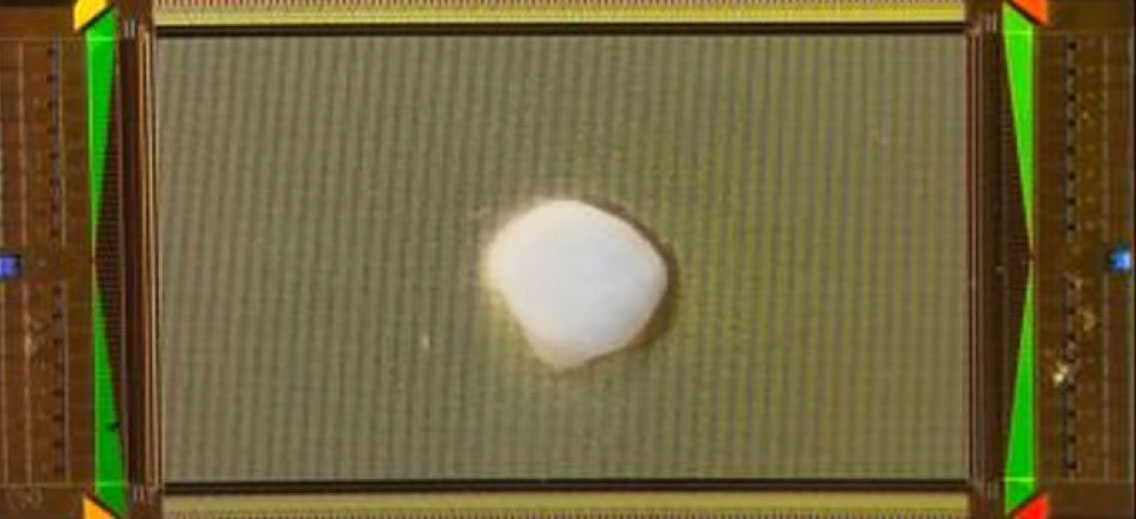The human brain is unimaginably complex and powerful. In fact, no computer that mankind has built thus far has even come close. That’s why scientists have worked tirelessly to create cyborg computers, which blend the power of the human brain with the electronics of a computer.
Now, researchers led by Feng Guo, an engineer from Indiana University Bloomington, have managed to create a computer using human brain tissue. The result is a more brain-like computer that is less accurate than a computer made purely of hardware and running on artificial intelligence, ScienceAlert reports. However, the research does represent an important step in creating computers that utilize this kind of architecture.
One important thing to note about these types of creations, though, is that there are a lot of ethics surrounding whether cyborg computers that utilize human brain tissue should be allowed, and if they are, what kind of ethics they should follow. According to the information surrounding this development, Guo and his fellow researchers followed all the guidelines set for the development of this kind of computer.

The researchers here used human brain tissue that was grown in a lab to create the cyborg computers. They coaxed pluripotent stem cells into different types of brain cells, and then organized them into three-dimensional “mini-brains” that scientists call organoids. These tiny brains include structures and connections similar to those seen in the human brain itself.
It was these organoids that made the development of the cyborg brain a success. These aren’t true brains, mind you. They don’t have any thoughts, emotions, or consciousness. Instead, they simply recreate the electrical signals of the brain without having to actually poke around in a real human. We’ve seen similar research with cyborg cells in the past, allowing scientists to program the cells.
The researchers tested the cyborg computer using audio clips from eight different male speakers making the sounds of Japanese vowels. They then asked the computer to identify the speakers. After just two days of training, the computer was able to identify the speaker with 78 percent accuracy. Full details on the research can be found in Nature Electronics.








